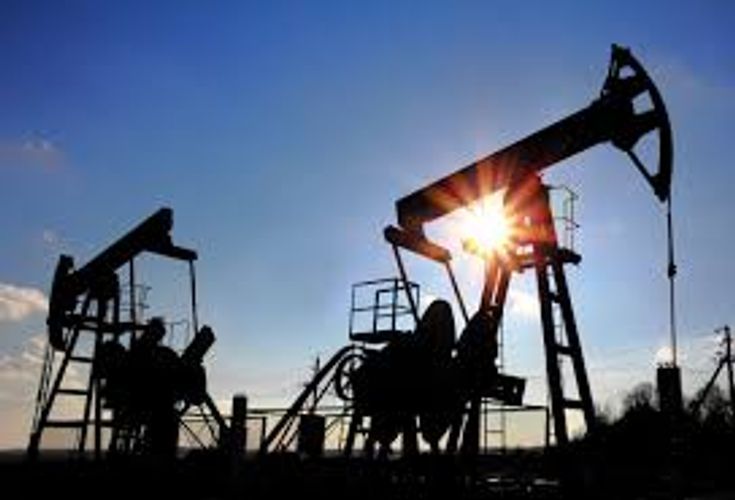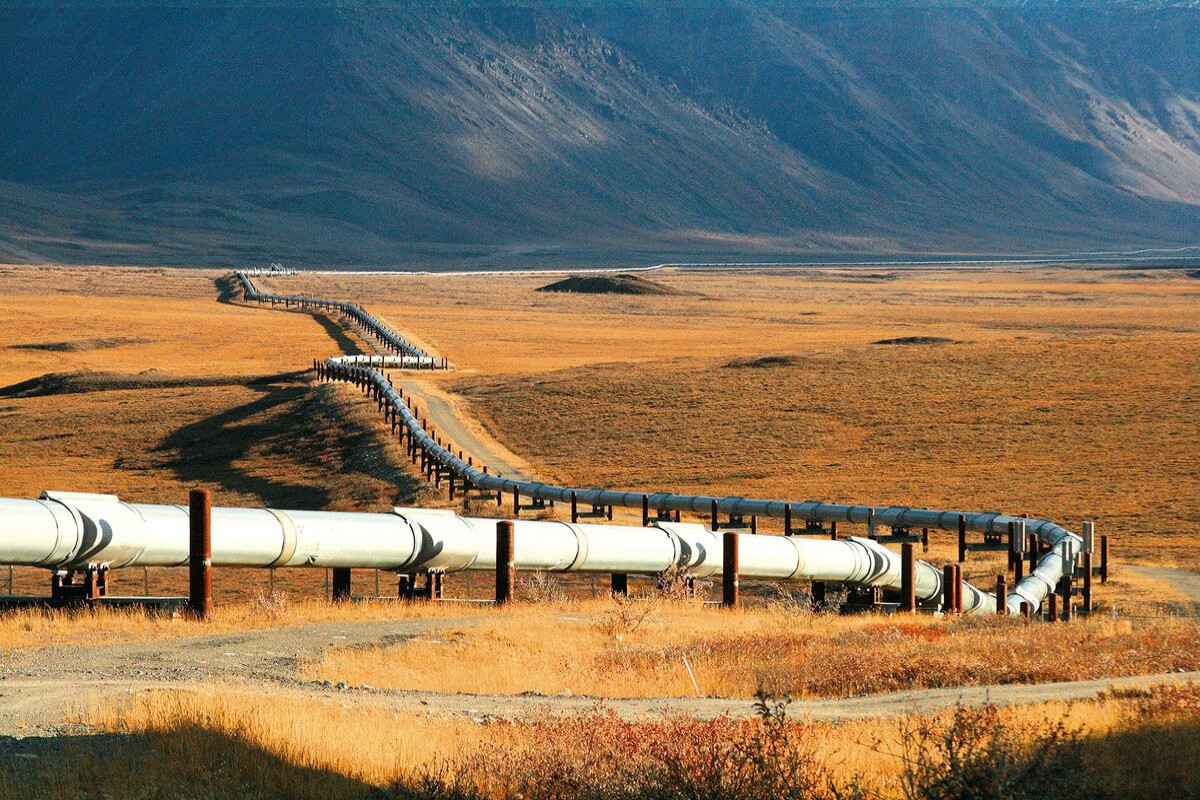The partnership between OPEC, Russia and several other key oil producers will endure, its commitment to managing the market reinforced by the shared pain of the coronavirus crash, the bloc's secretary general said Jan. 13, downplaying recent fractious meetings, APA reports citing SP Global.
The so-called OPEC+ group has cooperated on production cuts for four years, except a one-month break in April 2020, defying skeptics who have questioned whether the politically and economically diverse alliance can remain unified.
But protracted negotiations over their most recent quotas, which are now set through the end of March, has renewed speculation over the future of the group, with kingpins Saudi Arabia and Russia appearing increasingly split over how much crude to pump.
"When you put together ... 22 sovereign countries in one room to agree on a consensus decision, it is not unusual once in a while to find some differences," OPEC Secretary General Mohammed Barkindo said at the Gulf Intelligence Global UAE Energy Forum. "We have established a solid relationship that is at the core of multilateralism. We remain more confident now, having survived 2020, that we will continue in this relationship going forward."
The latest hard-won agreement, which covers February and March, allows Russia and Kazakhstan slight increases in their quotas, while Saudi Arabia will take on an additional unilateral 1 million b/d cut and all other members maintain their January levels.
Oil prices have leapt to 11-month highs on the surprise Saudi cut, made over Russia's objections, and many market analysts are now rapidly revising their forecasts, predicting prices of $60-$65/b by mid-year – levels that could potentially bring impaired US shale producers roaring back.
Barkindo said the market should not be concerned that the OPEC+ alliance will overtighten the market, nor should it worry about it pumping too much, as monthly meetings of the group are aimed at retaining flexibility.
"The fragilities and uncertainties of the market and this world that we live in post-COVID requires us to meet every month to ensure this market does not relapse into the huge imbalances we saw last year," he said.
As for US shale producers, he said that many executives remain concerned about the shape of future demand and that he expects they will not want to risk upending the recovery from COVID-19.
The US is not a member of the OPEC+ coalition, but several officials, including US Energy Secretary Dan Brouillette, consulted with the group leading up to its agreement in April to implement historic production cuts to stem the losses caused by the pandemic and a short-lived price war between Saudi Arabia and Russia.
Barkindo himself has met with US shale companies several times.
"We had always believed that we have a shared responsibility to maintain stability in the market," he said. "There is an understanding, even with the US independents, that no one group of producers will continuously maintain stability for this huge market. We had reached an understanding long ago."
He said that OPEC+ ministers were focused on six variables in the market, of which only the first was firmly within their control:
- OPEC+ supply adjustments,
- Lockdowns imposed by governments to contain the pandemic,
- The pace of vaccinations,
- Fiscal and monetary stimulus measures,
- World GDP growth, and
- The level of global oil demand.
"We have to keep our eyes on all of them and remain in the driving seat going forward," Barkindo said.
Eventually, the producer alliance aims to bring oil inventories down to the five-year average. They currently stand at 160 million barrels above that in OECD countries, Barkindo said.





